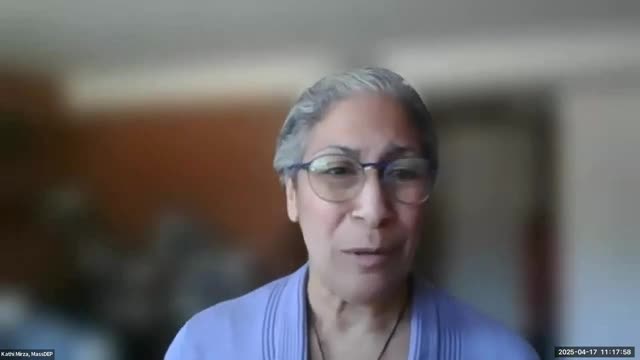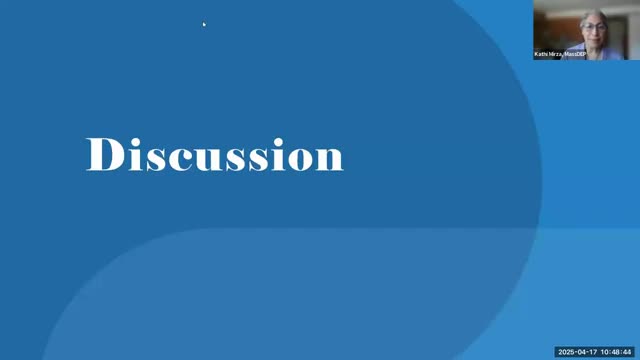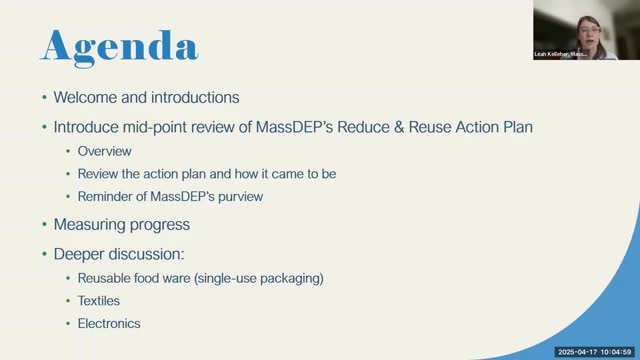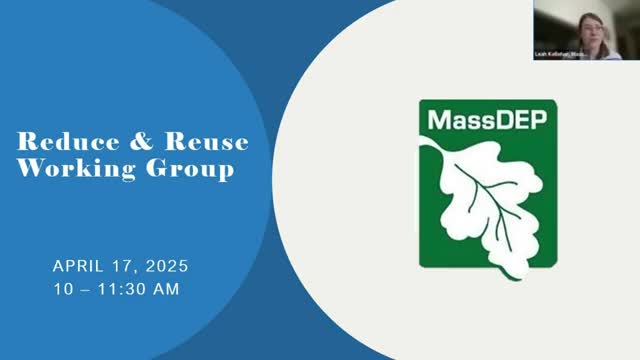Article not found
This article is no longer available. But don't worry—we've gathered other articles that discuss the same topic.

MassDEP identifies electronics as an area for future focus; technicians and vendors raise device-management barriers

MassDEP reports textile recovery gains since waste ban, urges further outreach and collection access

MassDEP highlights reusable foodware progress: BMPs, grants and procurement steps

